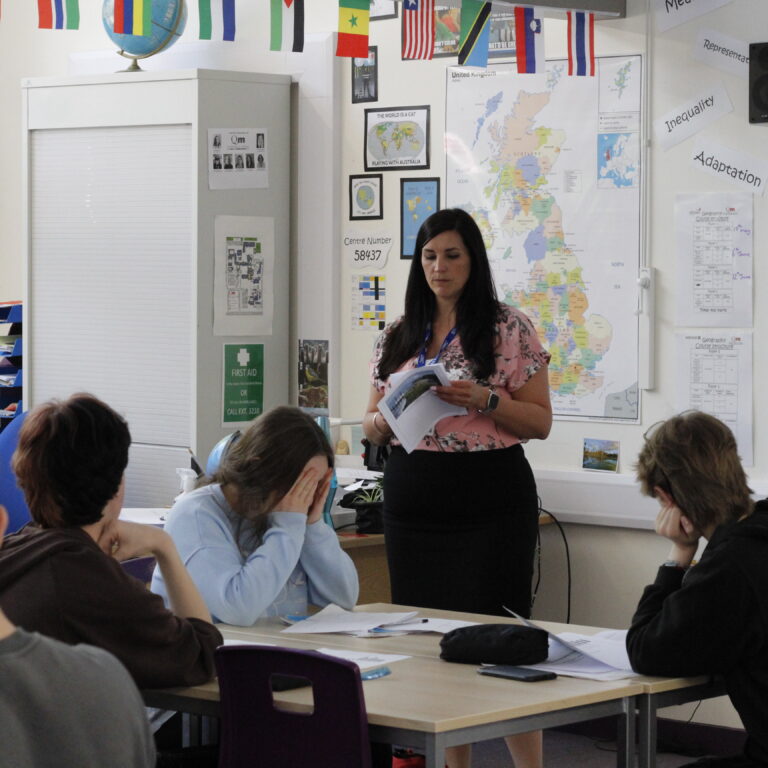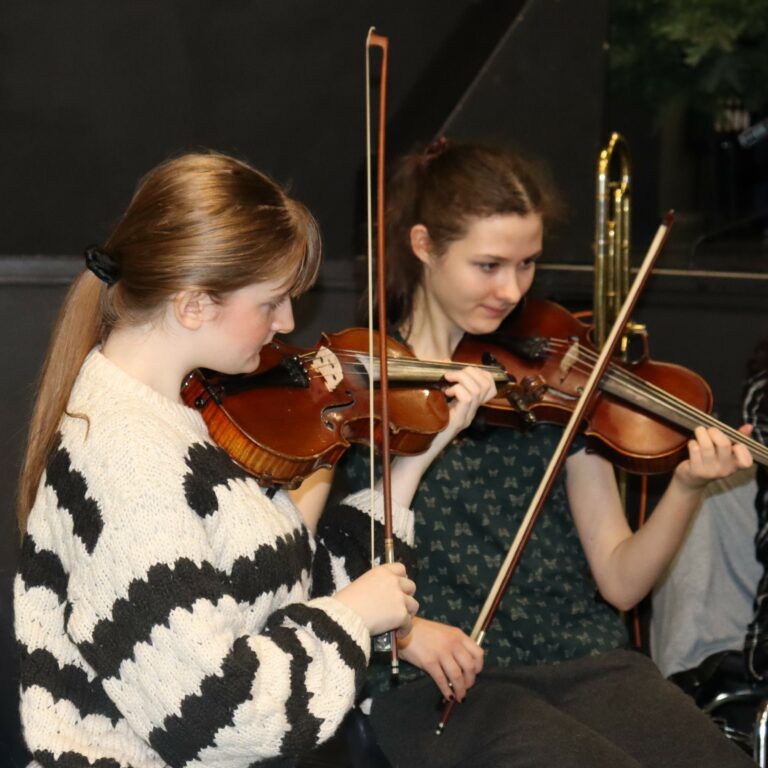At Queen Mary’s College, we pride ourselves on delivering an exceptional A Level programme that prepares students for success in their academic pursuits and future careers. Recognised globally as one of the most prestigious pathways to higher education, A-Levels provide the ideal foundation for university studies, professional development, and personal growth.
Why Choose A-Levels at Queen Mary’s Sixth Form College?
- Tailored Pathways for Academic Success
Our A Level courses are designed to cater to each student’s individual aspirations. With a wide selection of subjects, students can craft a study plan that aligns with their university/higher level apprenticeship goals, and career ambitions. - Outstanding Teaching Faculty
Learn from a team of highly experienced and dedicated teachers, many of whom are industry experts in their fields. They are committed to providing the best possible education and inspiring students to excel. - Proven Track Record of Results
Queen Mary’s Sixth Form College has consistently achieved outstanding results. Through the Triple A+ and Oxbridge programmes many students have gained entry to the world’s best universities, including Oxford, Cambridge and other prestigious Russell Group universities, while others have successfully secured competitive Higher Apprenticeships at companies such as BBC, KPMG, AWE, IBM, Visa and Fujitsu. - Comprehensive Support and Guidance
Our A Level subjects go beyond academics. At QMC, our dedicated Progression Team comprises of Careers specialists, expert university and UCAS advisors and Work Experience Coordinators, ensuring every student has the guidance and knowledge to achieve their aspirations.













